Start Rose Cuttings in a Potato
You should first begin this process by drilling a hole in the potato with a considerably-sized nail. After this, you should cut one inch off of the plant’s stem you want to grow. Place this stem in the hole and plant your potato.
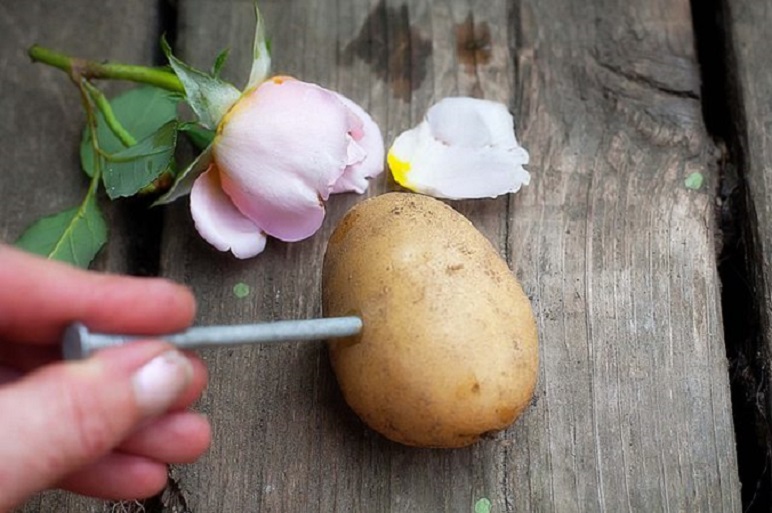
Start Rose Cuttings In A Potato
Use Cinnamon
Cinnamon is an excellent deterrent if your garden is vulnerable to ants. This doesn’t affect the plants in your garden and is cost-effective. It’s also the perfect rooting agent and can be applied to the stem once you plant your cutting.
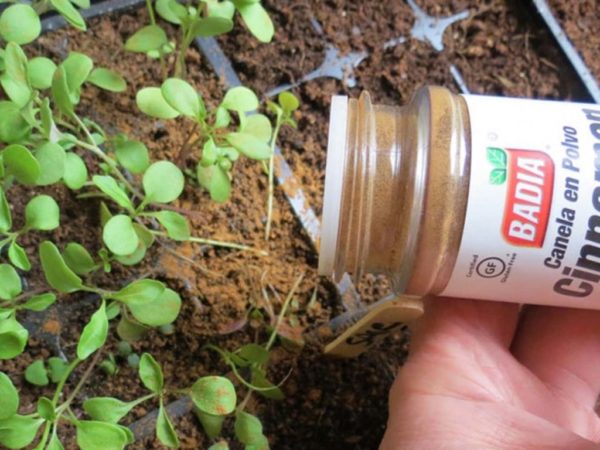
Use Cinnamon
Epsom Salt
Fertilizer is a crucial part of the garden process that keeps your plants healthy, but this product is generally expensive. Luckily, Epsom salt can act as an exceptional fertilizer for your plants, as it contains magnesium and is easy to use.
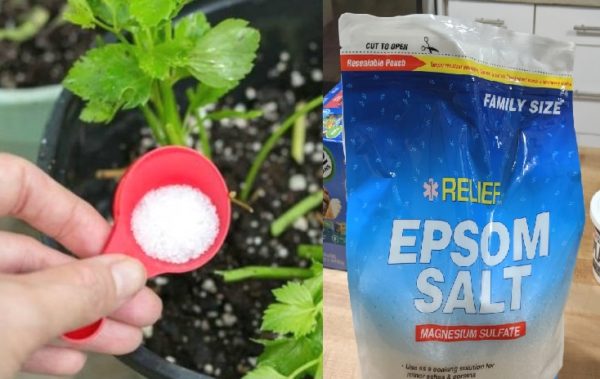
Epsom Salt
Using Newspaper
Weedkillers can help you remove any weeds in your garden once these pesky plants pop up from the ground. However, using newspapers can stop these weeds from ever appearing. To do this, layer your soil with a few sheets of newspaper.
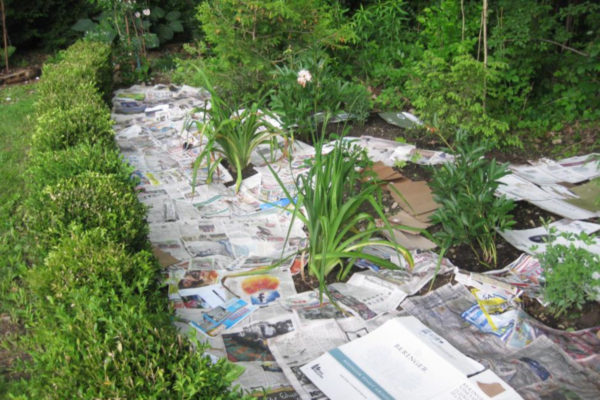
Using Newspaper
Liquid Soap
It’s no secret that one of the biggest issues in any garden is the appearance of weeds. These plants are often a massive task to pull out, so prevention is the best approach. That’s why mixing liquid soap with water is excellent in preventing weed growth.
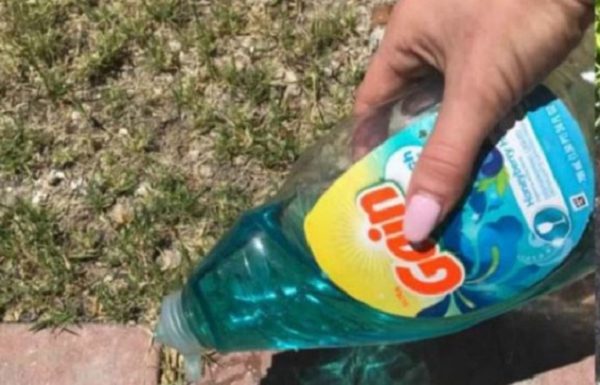
Liquid Soap
Killing Slugs
Hungry slugs can make their way through your plants and kill this greenery in the process. However, you can easily take care of your slug problem with a little beer. Place some beer in a dish in your garden, as this attracts and kills these creatures instantly.
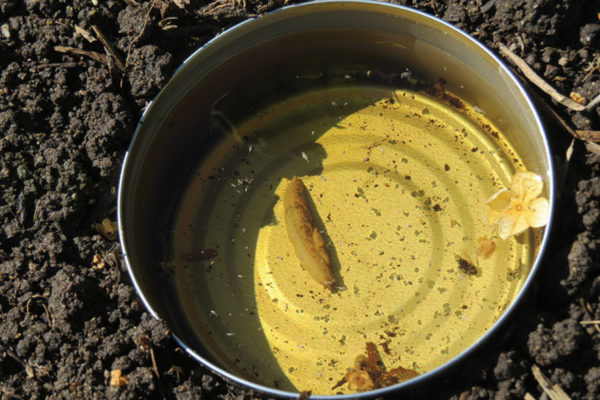
Killing Slugs
Double Your Pots
Caring for your plants is a priority, but once this greenery matures, it can ruin your garden’s aesthetic appeal. To fix this, you can place your plants in two pots that are buried at ground level. As these plants grow, you can lift the top pot to rearrange your garden.
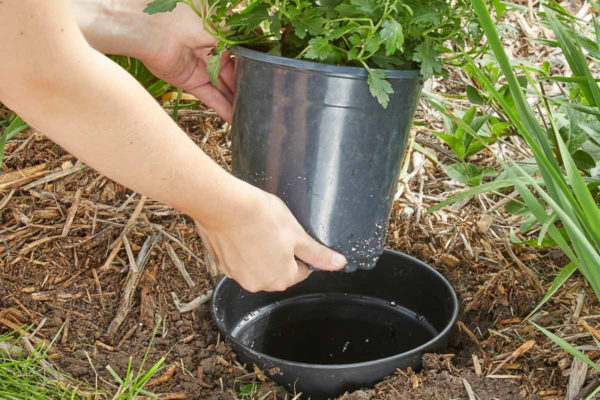
Double Your Pots
Citrus Peel Pots
You might have new seeds to plant without any pots. If you eat citrus fruits, you should keep the peel because these can be incredibly useful. Such citrus peels are the perfect size for your new seedlings.
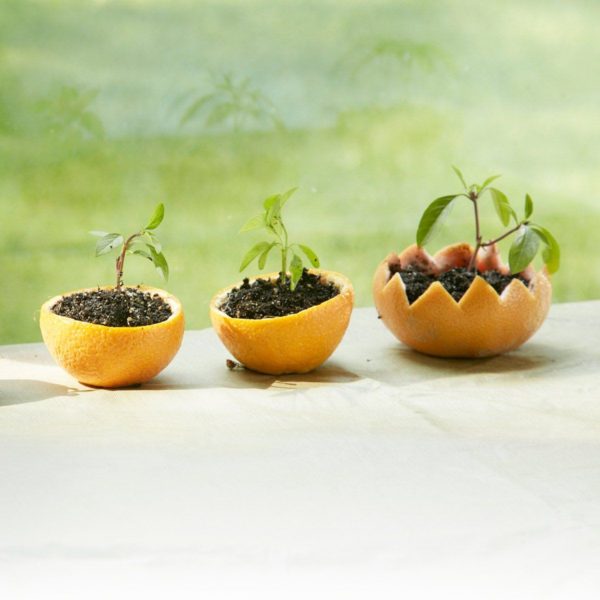
Citrus Peel Pots
Pennies for Fighting Blight
Your numerous plants can become infected with blight in your garden, which is a series of cryptogamic diseases. This isn’t good for your crop. Luckily, you can prune and tie up your plants, cut the stem, and insert a penny in the slot.
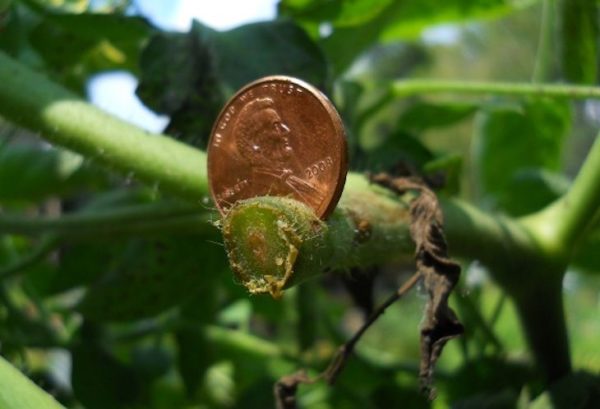
Pennies For Fighting Blight
Muffin Tins
The spacing of your pants is crucial when constructing your garden. You want to ensure your spacing offers an aesthetically pleasing appearance while also giving your plants enough room to grow, which is why muffin tins are excellent to map out this area.
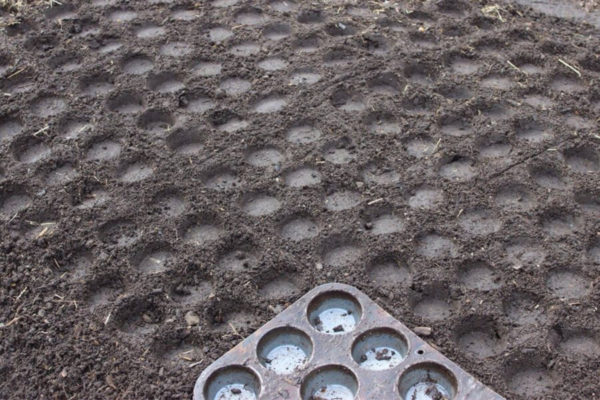
Muffin Tins
Raised Garden Bed
Raised garden beds allow you to separate your plants from the rest of your garden while also adding a little something extra. Using a few cinderblocks can help you achieve this look when arranged in a rectangle.
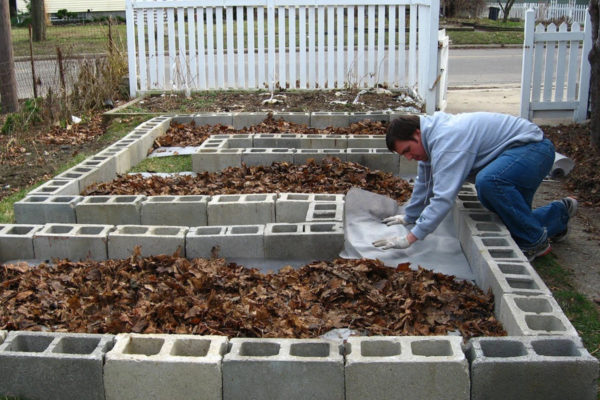
Raised Garden Bed
Pot Markers
After your seeds are planted, you can lose track of what plants are where. Wine corks can be the most effective pot marker when speared through kebab skewers. Write the type of plant it is on the cork and use it to mark your plants.
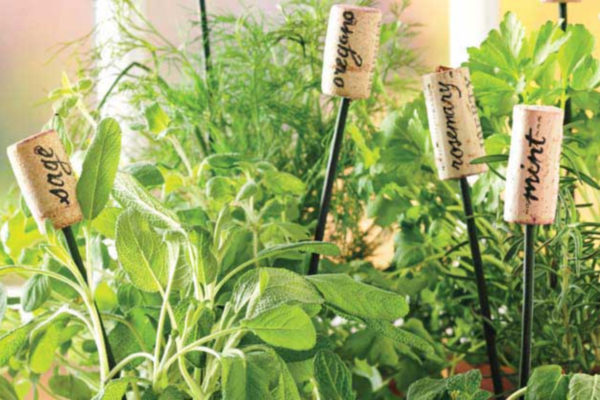
Pot Markers
Spray Collar
Weed spray serves as one of the easiest ways to remove any unwanted plants popping up in your garden. However, this spray comes with its own challenges. Using an old can or plastic bucket can act as a spray collar, preventing this spray from destroying your garden.
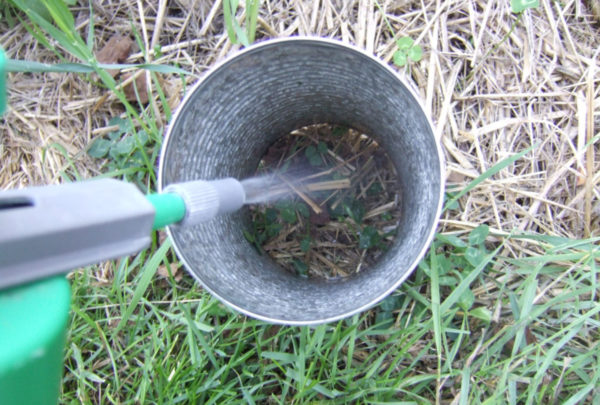
Spray Collar
Fly Tape
Insects and mosquitoes inevitably cross your path while you’re gardening. Many of these pesky creatures bother you, which can make your time spent gardening rather unpleasant. Attaching fly tape to your gardening hat can stop this from occurring.
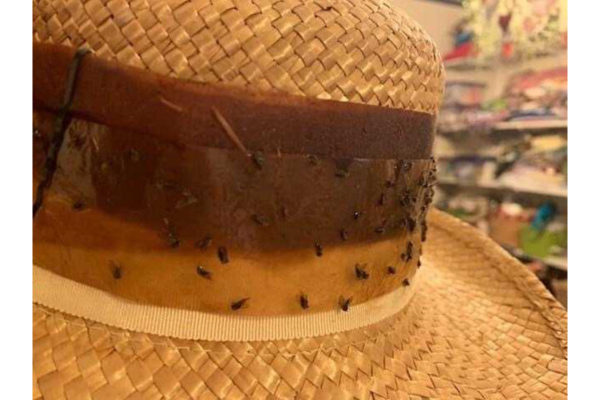
Fly Tape
Repurposing Your Toilet Paper Rolls
Toilet paper rolls can be used when planting your seeds. Take a waterproof container and fill it with empty toilet paper tubes. Take each tube and fill it with potting soil and then plant these seeds in this soil. You can easily plant these seedlings in your garden with cardboard.
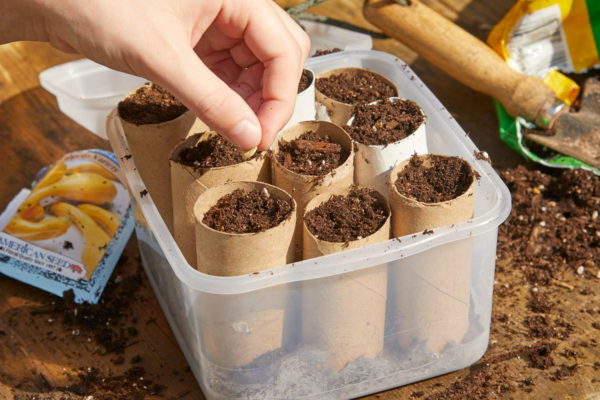
Repurposing Your Toilet Paper Rolls
Converting Coffee Filters
You want water to ooze from the bottom of your pot when you’re planting potted plants. However, you don’t want the soil to flow out with this water. That’s why using coffee filters at the bottom of these pots is so beneficial, as it keeps the soil inside.
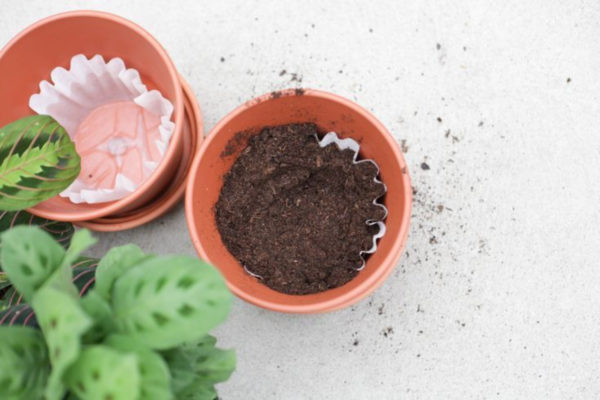
Converting Coffee Filters
Scattering Soap
In some instances, hungry deer or rabbits might think your garden is their personal kitchen. However, shredding and scattering soap can help keep hungry animals away from your plants. You should replenish this soap shredding once it’s washed away.
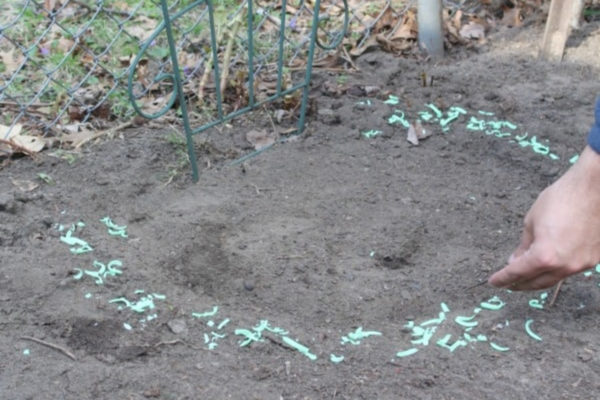
Scattering Soap
Banana Peels
Banana peels can be very useful in your garden, as these peels contain potassium, magnesium, and calcium. These are all excellent minerals for your garden, which is why you should cut these peels and clean the pieces in water before pouring the mixture over your garden.
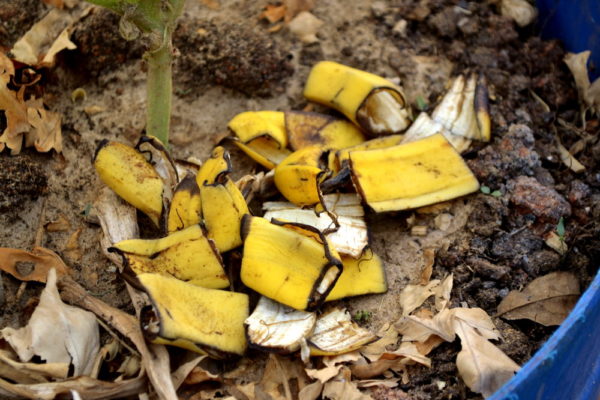
Banana Peels
Kelp Tea
Kelp contains micronutrients and vitamins that offer many benefits for your garden. Add kelp to water and let it sit for three days while stirring daily. After this, you should place this mixture in spray bottles and dose your plants with it.
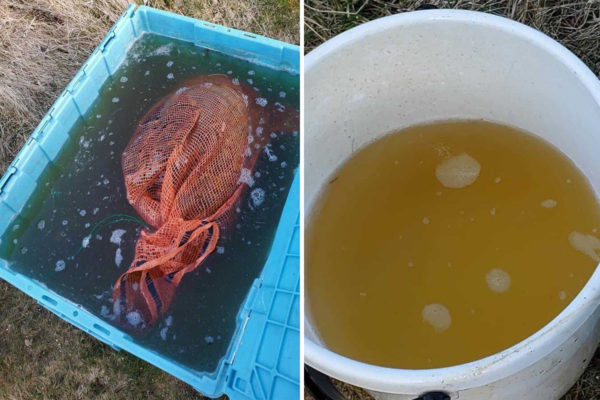
Kelp Tea
Sliced Tomato
Interested in growing tomato plants? You can easily grow them by taking a tomato and cutting it into thin slices. Place these tomato slices in water and soil. From here, it can take around one to two weeks for these seedlings to grow.
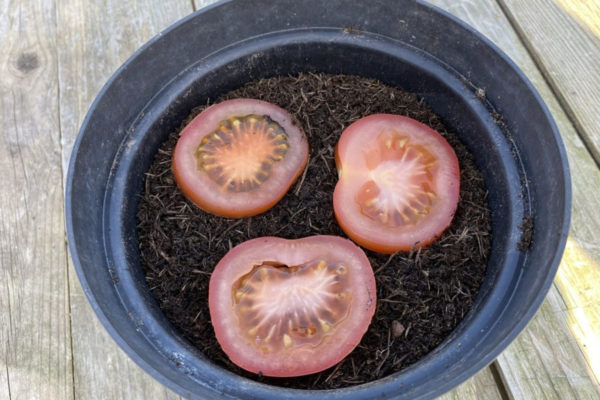
Sliced Tomato
Using Plastic Containers
Plastic clamshell containers are excellent when growing seedlings. You should wash your container completely, and then fill it with soil. After this, place your seeds with enough space for each to grow comfortably.
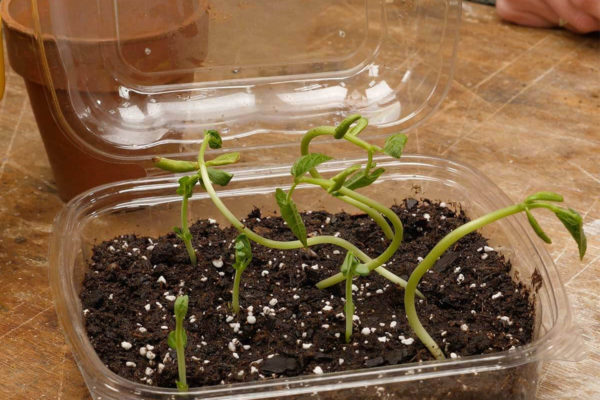
Using Plastic Containers
Wet Soil
Dry ground is inflexible and unforgiving, which can make it challenging to pull these pesky weeds out from the ground. That’s why it’s best to weed when your soil is wet. Wait for a rainy day or use a garden hose.
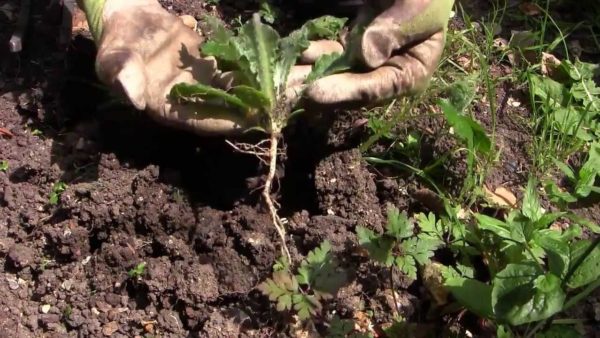
Wet Soil
Brewing Fertilizer Tea
We’ve already established that weeds are annoying. Getting rid of your weeds also means removing the nutrients this plant has absorbed from the soil. That’s why you should brew these weed plants in water and use the mixture to water your plants.
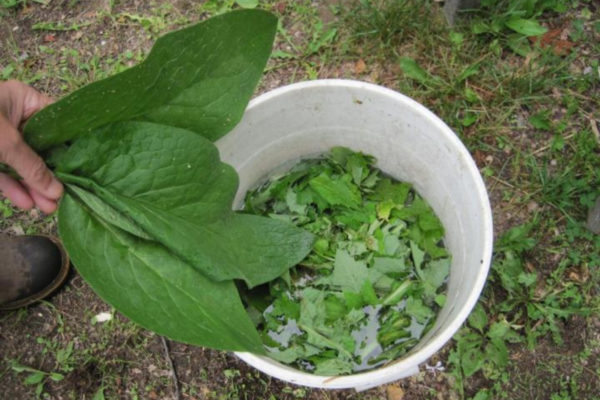
Brewing Fertilizer Tea
Changing Your Tools
Gardening can take a toll on your body if you’re spending a considerable amount of time hunching over the ground digging holes. Updating your tools and ensuring you’re using the right equipment can make the process easier.
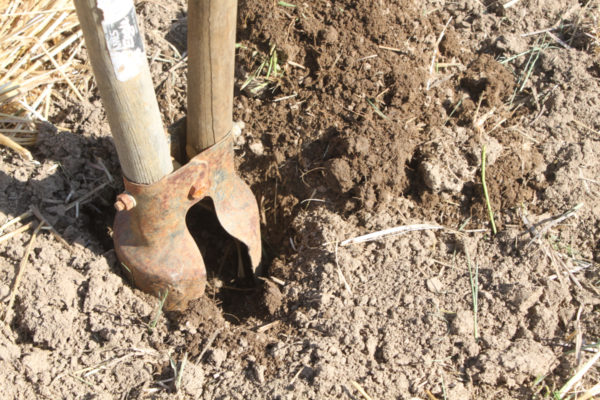
Changing Your Tools
Plant Soda Cans
Fill the bottom of used soda cans before planting your shrub if you have a deep planter. These cans can create little air pockets that aerate your soil, which leads to a healthier ground for your plants.
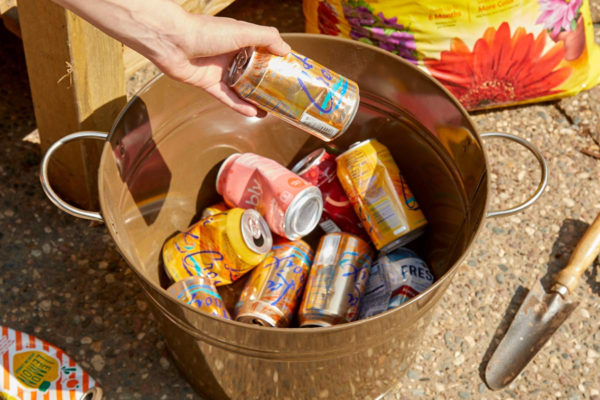
Plant Soda Cans
Plant Removal
You might want to remove your plants from one part of your garden and relocate this greenery. However, you risk tearing these roots and damaging your shrub. To avoid this, cut down the pot’s sides with a sharp knife.
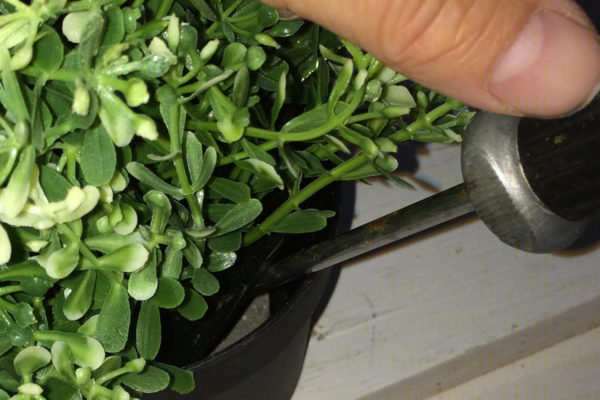
Plant Removal
Make Edging Easier
Where you want your garden’s end to be, place a 2×6-inch board. Ensure this board is lying flat and place your foot on its top to ensure it doesn’t move. Take a spade and dig into the ground right at the board’s edge for easy edging.
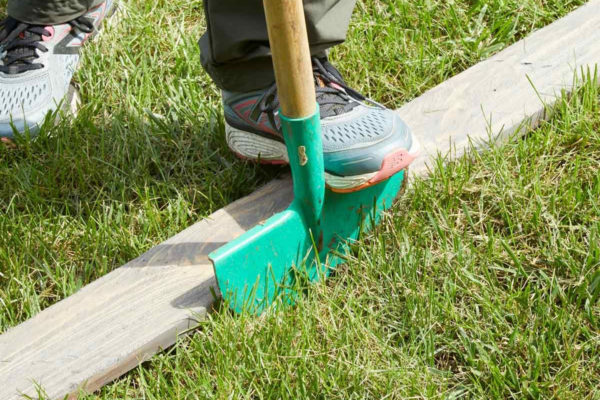
Make Edging Easier
Using Old Sponges
Like too little water, too much water can be damaging for your greenery. Your roots could rot when water settles at the pot’s bottom, which can cause your plants to die. Sponges can be used to maintain this amount of water.
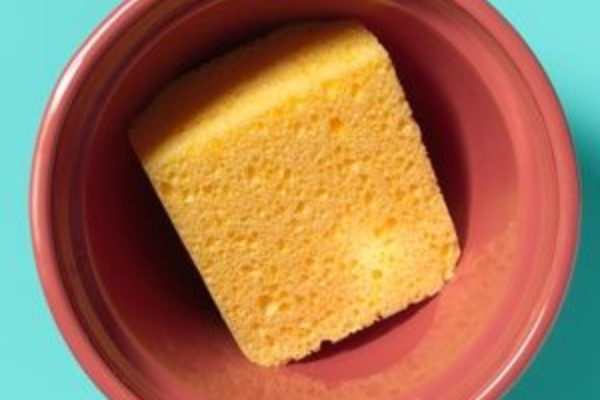
Using Old Sponges
Tiny Greenhouse
You might be having issues starting your cuttings or seeds in your garden. If this is the case, a tiny greenhouse can be used. Start by using an empty bottle of soda without any labels. Remove the bottom and use the remaining over the top of your pot plants.
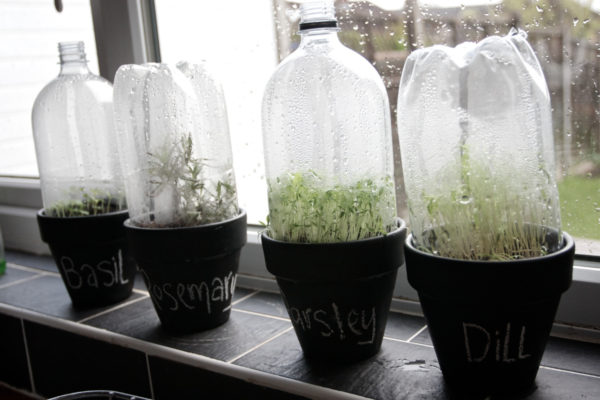
Tiny Greenhouse
Using PVC Pipes
A PVC pipe can help your fertilizer reach the bottom of close-packed shrubs. To do this, cut a 45-degree angle at the PVC pipe’s top to form a large opening. Then, place the plant’s base where you want the fertilizer and pour it down the PVC pipe.
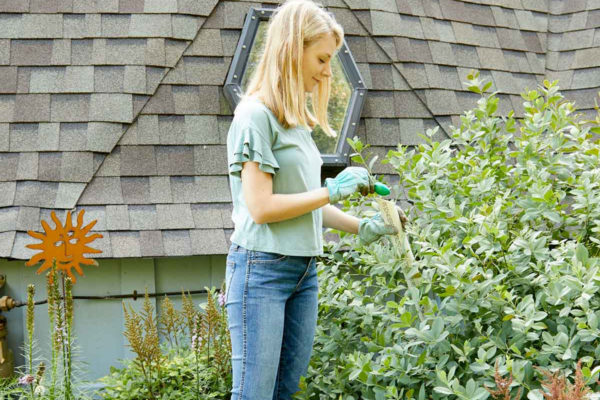
Using PVC Pipes
Using Cardboard
You’re ready to lay your mulch down after preparing your garden. However, you can keep your garden free from weeds when placing pieces of cardboard on the ground. From here, lay ythe mulch on top of this cardboard.
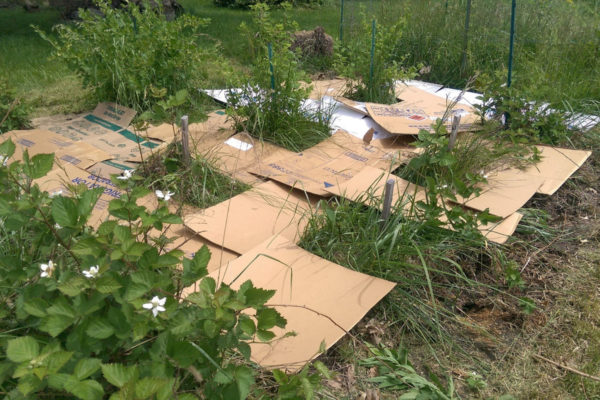
Using Cardboard
Watering Holes
Some animals and insects aren’t wanted in your garden, but others are incredibly beneficial. Bees don’t pose a threat to your greenery. In fact, their pollination techniques are vital. Using a small dish with some water can encourage these insects to visit your garden.
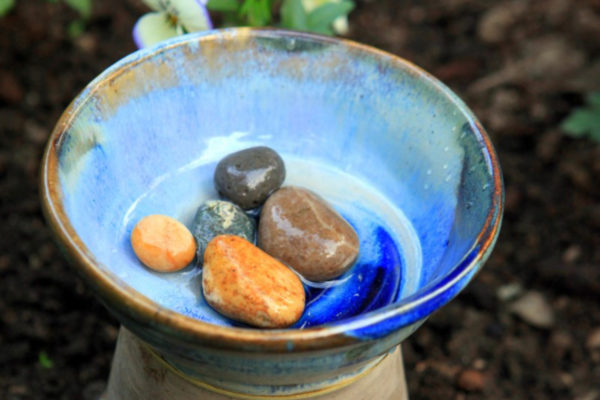
Watering Holes
Watering Cans
Watering cans are critical to have in your garden, but that doesn’t mean these need to be expensive. You can make your own with an empty gallon jug. After you’ve finished this jug, you can rinse it and fill it with water for your garden.
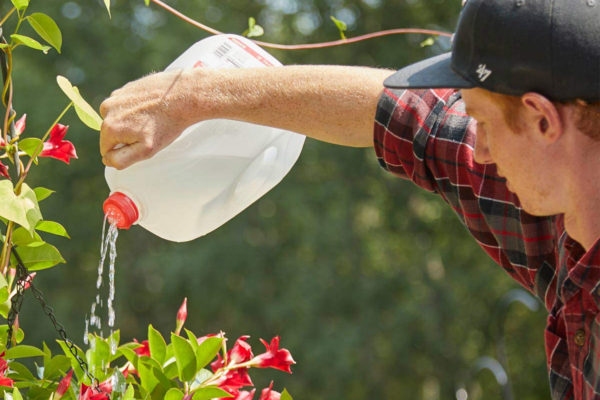
Watering Cans
Improving Your Garden Soil
A flourishing garden begins with good quality soil. You can use kitchen leftovers to enrich your soil, which is cheap and, in some cases, a better choice than the more expensive options on the market. Eggshells, coffee grounds, and banana peels are great additions.
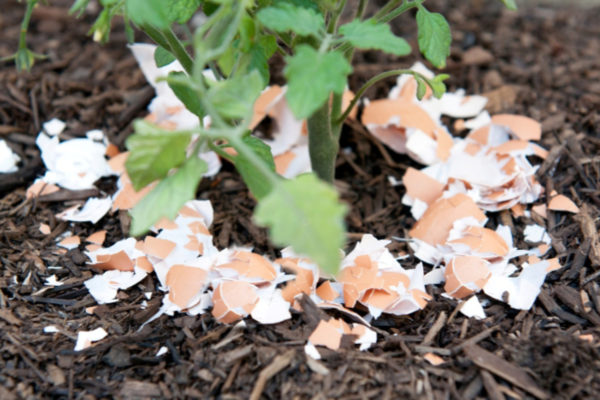
Improving Your Garden Soil
Plastic Forks
Animals without any interest in eating your plants can travel through your garden and wreck your hard work. That’s why plastic forks are a great option in your soil. These forks can leave little room for these creatures to walk.
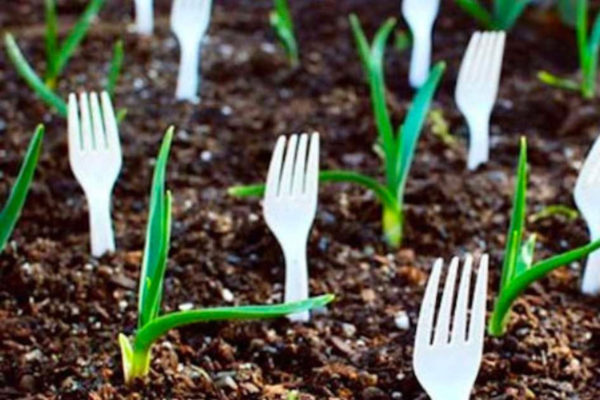
Plastic Forks
Homemade Insect Spray
Insect spray can help any pesky creatures from feeding on your plants. Combining a healthy amount of mint and garlic with water can be an organic and cost-effective spray to keep these insects away without harming your greenery.
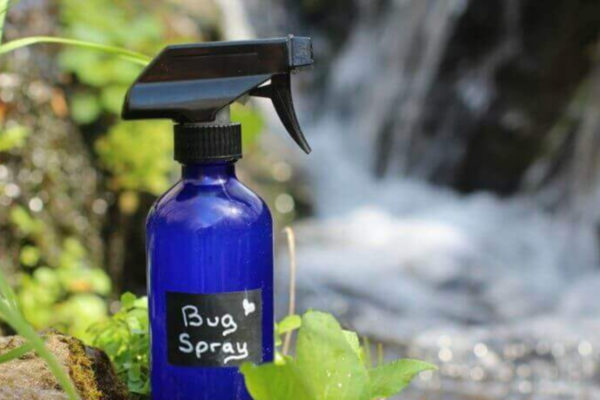
Homemade Insect Spray
Using a Shoe Organizer
Saving space in your garden can be easily done when using a shoe organizer. You can stick a few holes in the bottom of these pockets for water drainage and fill each compartment with soil, creating a unique and creative way to store all of your plants.
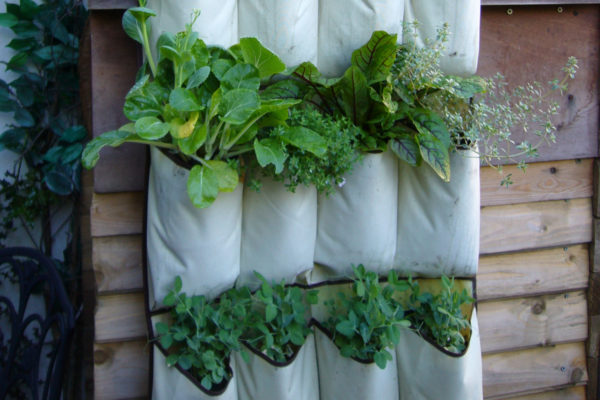
Using A Shoe Organizer
Reusing Cooking Water
After you’ve cooked pasta, vegetables, or other food products in water, you likely throw this water away. However, you should reuse this mixture instead. This cooled water has nutrients that can help your plants flourish. So next time, before you toss out this water, add it to your plants instead.
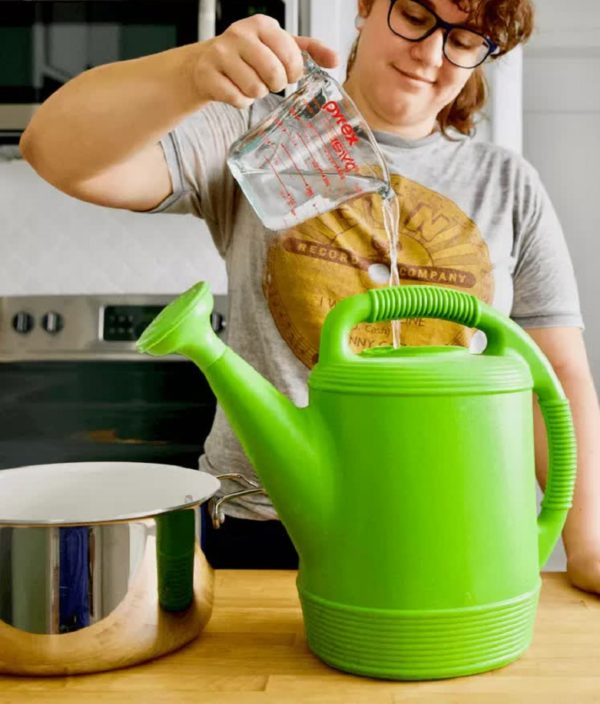
Reusing Cooking Water
Taking Care of Your Tools
You need to take care of your tools to maintain of your garden. This can be done with the help of mineral oil and clean sand. A bucket of sand can keep your tools upright and ready for the next use. After using the tool, spray it with mineral oil and place it back.
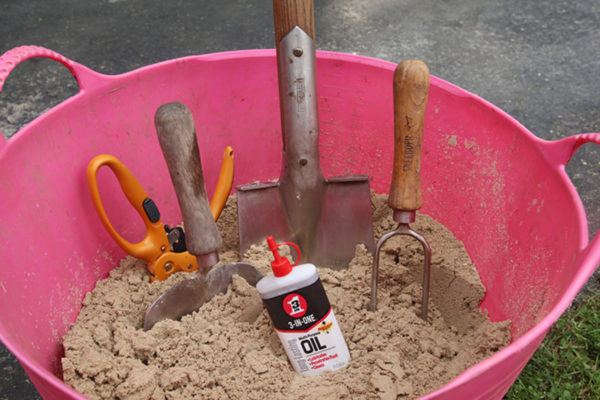
Taking Care Of Your Tools
A Healthy Garden
Cornstarch is easily accessible and something that you should use in your garden. You can sprinkle this cornstarch on your plants’ leaves to keep worms away. Additionally, cornstarch can be used to make greenery grow faster.
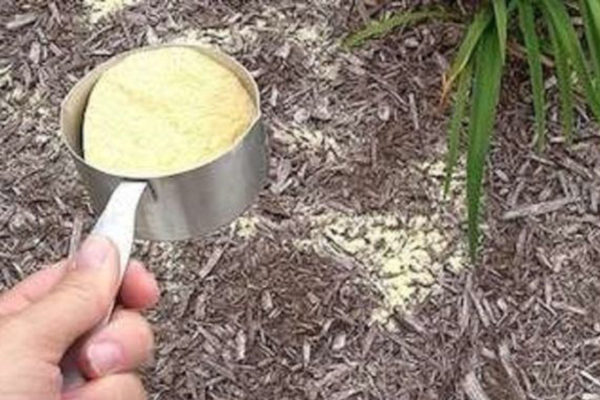
A Healthy Garden


